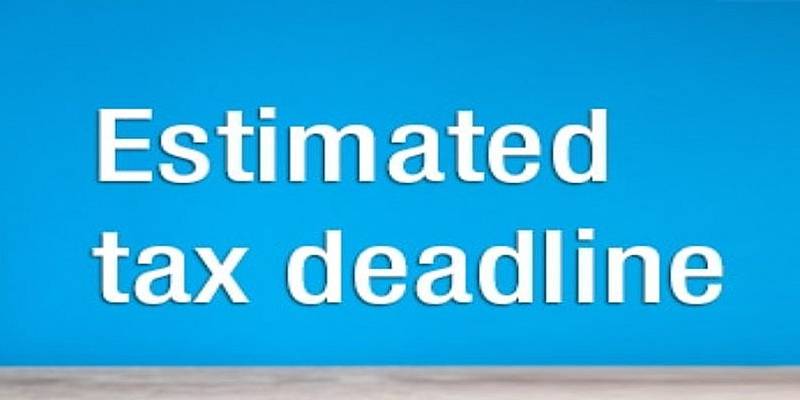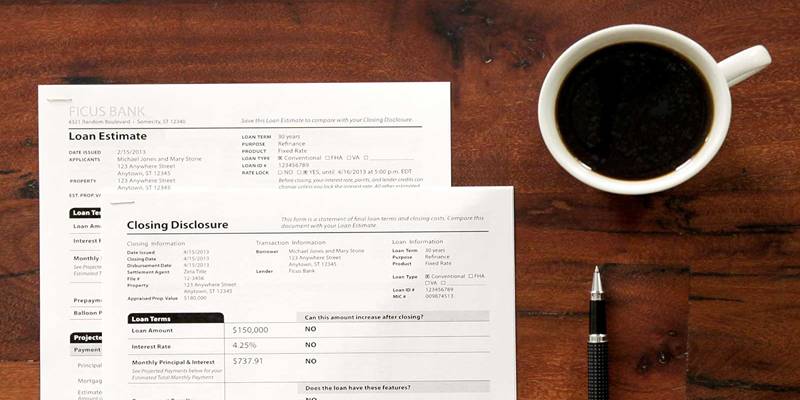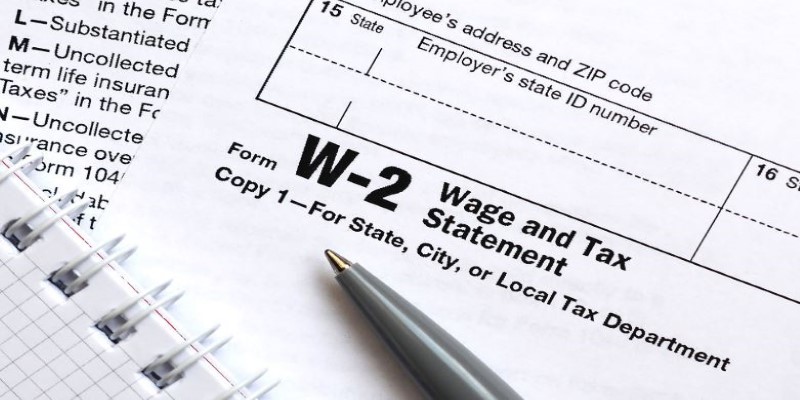Every year, individuals, businesses, and organizations across the United States must meet specific tax deadlines to stay compliant with federal and state requirements. Missing a tax deadline can lead to penalties, interest charges, and delayed refunds. Understanding exactly when taxes are due — for federal returns, estimated payments, and state filings — is essential for planning financial obligations accurately.
The 2025 tax season carries familiar timelines, but several specific dates and extension rules also apply due to natural disaster declarations and regional policy differences. This post outlines the key federal and state tax deadlines for 2025, additional important IRS dates, consequences for missing deadlines, and information about extension options.
The Federal Tax Filing Deadline for 2025
The federal deadline to file a 2024 income tax return with the Internal Revenue Service (IRS) is Tuesday, April 15, 2025. This date applies to individual taxpayers, sole proprietors, and most small businesses filing Form 1040 and associated schedules.
For individuals filing electronically, the submission must be completed by 11:59 p.m. local time to be considered timely. For those submitting a paper return, the IRS accepts documents on time if they are postmarked by April 15 with proper postage and address.
Individuals living outside the United States automatically receive a two-month filing extension until June 16, 2025. However, the payment of any owed taxes must still be completed by April 15 to avoid interest and penalties.
Special Federal Tax Extensions in 2025

The IRS has granted special filing and payment extensions to individuals and businesses affected by federally declared disasters. These extensions change the standard deadlines as follows:
- May 1, 2025: Taxpayers located in parts of Alabama, Florida, Georgia, North Carolina, South Carolina, Alaska, New Mexico, and Virginia.
- October 15, 2025: Residents and businesses in Los Angeles County, California.
- November 3, 2025: Taxpayers in select counties within Arkansas, Kentucky, Tennessee, and West Virginia.
Taxpayers should confirm their eligibility for extensions through the IRS disaster relief announcements and consult state tax agencies for corresponding local extensions.
Filing Extensions and Late Filing Consequences
Requesting an extension by the federal deadline allows taxpayers until October 15, 2025, to file their tax returns. However, an extension applies only to the paperwork, not to tax payments. Tax liabilities must be paid by April 15, regardless of the extension.
Failure to file on time without an extension results in a Failure-to-File Penalty, typically 5% of the unpaid taxes for each month the return is late, up to a maximum of 25%. Simultaneously, unpaid taxes accrue a Failure-to-Pay Penalty of 0.5% per month, plus interest.
Taxpayers expecting a refund are not subject to late filing penalties but should still file promptly to claim owed funds.
State Income Tax Deadlines in 2025
Most states align their income tax deadlines with the federal deadline, but several states have different filing dates:
- Hawaii: April 21, 2025
- Delaware and Iowa: April 30, 2025
- Georgia, North Carolina, South Carolina, and Virginia: May 1, 2025
- Louisiana: May 15, 2025
- Arkansas: July 31, 2025
Additionally, nine states — Alaska, Florida, Nevada, New Hampshire, South Dakota, Tennessee, Texas, Washington, and Wyoming — do not impose a state income tax on earned income. However, specific exceptions may apply in states like Washington and New Hampshire for individuals with investment or capital gains income.
Other Critical Federal Tax Deadlines for 2025
Beyond the primary filing deadline, the IRS maintains several important dates throughout the year related to estimated taxes, retirement contributions, and informational returns:
- January 15, 2025: Fourth quarter 2024 estimated tax payment deadline.
- January 27, 2025: Start of the official 2025 tax filing season; IRS begins accepting returns.
- January 31, 2025: Deadline for employers to provide W-2s and for businesses to issue most 1099 forms.
- February 18, 2025: Deadline to renew tax-exempt status on Form W-4.
- April 15, 2025: Tax Day — deadline for federal filing, payment, HSA contributions, IRA contributions, and first-quarter estimated tax payments.
- June 16, 2025: Second-quarter estimated tax payment deadline and the filing deadline for taxpayers abroad.
- September 15, 2025: Third-quarter estimated tax payment deadline.
- October 15, 2025: Final deadline for extended tax returns.
- December 31, 2025: Last day to make 401(k) contributions and charitable donations for the 2025 tax year.
Estimated Tax Payment Deadlines

Self-employed individuals, freelancers, and taxpayers receiving significant non-wage income often must make estimated quarterly tax payments. Missing these deadlines can result in additional penalties:
- January 15, 2025: Payment for September to December 2024 income.
- April 15, 2025: Payment for January to March 2025 income.
- June 16, 2025: Payment for April to May 2025 income.
- September 15, 2025: Payment for June to August 2025 income.
A fourth estimated payment for September to December 2025 will be due on January 15, 2026, outside of the 2025 calendar year.
Contribution Deadlines for Retirement Accounts
Taxpayers wishing to optimize their tax advantages through retirement contributions should note these key deadlines:
- April 15, 2025: Deadline to contribute to traditional and Roth IRAs for the 2024 tax year.
- October 15, 2025: Deadline for self-employed individuals to make SEP IRA or solo 401(k) contributions if an extension was filed.
- December 31, 2025: Deadline for 401(k) contributions related to the 2025 tax year.
Failing to meet these deadlines may result in lost tax benefits and reduced retirement savings opportunities.
Conclusion
The 2025 tax season demands careful attention to a wide range of deadlines, from the main filing date in April to extensions in October and ongoing estimated tax obligations throughout the year. Filing on time not only avoids costly penalties but also ensures access to refunds, credits, and critical financial opportunities.
By understanding and adhering to these key deadlines, taxpayers can maintain compliance and better manage their overall financial health. Advanced planning, prompt filing, and timely payments remain the most effective strategies to navigate tax season successfully in 2025 and beyond.












